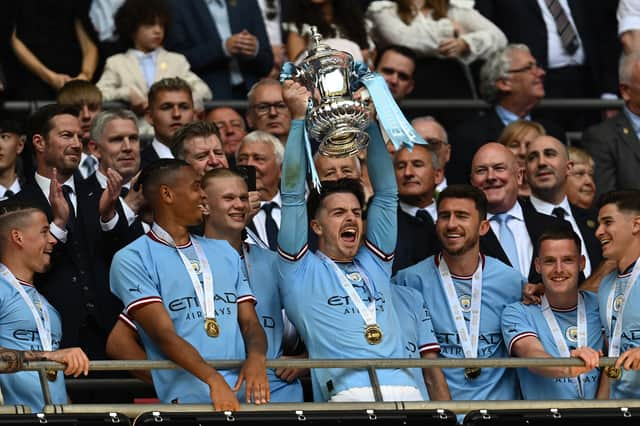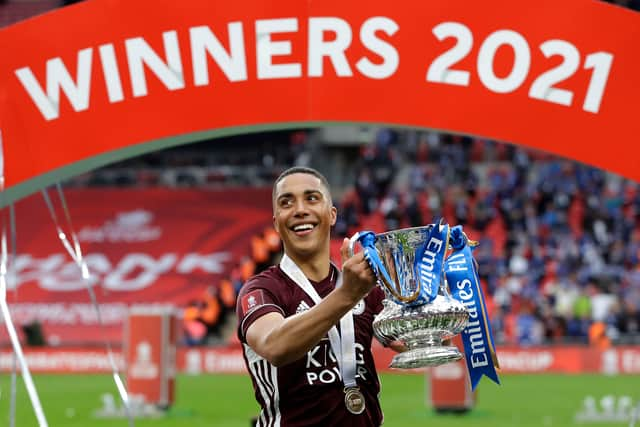Is the FA Cup scrapping replays? Potential changes to competition in major football shake-up


FA Cup replays could be scrapped in the near future, as part of a huge shake-up for football’s oldest cup competition.
The Football Association is reportedly preparing to sell its media rights to the Premier League in a huge commercial deal. The potential sale could give the top-flight the ability to assume control of the competitions scheduling.
Advertisement
Hide AdAdvertisement
Hide AdReports suggest that a deal is close between the Football Association and the Premier League, but how would the changes affect English football - and how have fans reacted to the rumours?
Here is everything you need to know.
Is the Football Association selling the FA Cup?
The Premier League is reportedly in active discussions with the Football Association to purchase the TV rights for the FA Cup.
The FA insist that the process for overseas rights is ongoing, but chief executive Mark Bullingham is reportedly considering accept the Premier League offer and their terms, according to the Daily Mail.


What are the potential changes to the FA Cup?
One of the most notable changes in next season’s FA Cup could be the abolition of FA Cup replays.
Advertisement
Hide AdAdvertisement
Hide AdFA Cup replays take place when two teams draw in their first match and the away team from the first leg is given the opportunity to host the reverse fixture, in front of their home supporters.
This has often been seen as a great source of revenue for a number of football clubs, particularly for team’s lower down the pyramid when they are paired against Premier League opposition.
Earlier rounds in the competition are typically played on a weekend, but these could be moved to midweek ties in a bid to get more fixtures on television.
Other proposals include the end of a stand-alone weekend for the FA Cup final at the end of the season, with the showpiece occasion being brought forward to the final weekend of the season to clash with the regular Premier League schedule.
Advertisement
Hide AdAdvertisement
Hide AdThe Premier League is also expected to offer increased funding to the FA to fund grassroots football.
These changes are expected to come into effect due to the expansion of the Champions League, which will feature 10 matches in the group stage from 2024 - designed to lower the workload for teams competing in Europe.
How have fans reacted to the potential changes?
The proposed changes to the FA Cup format have been met with widespread scrutiny from football fans around the UK.
Many, particularly from the Football League and below, are concerned about losing control of the fixture list to the Premier League, while the changes could also have a negative impact financially on teams which traditionally benefit from replays.
Advertisement
Hide AdAdvertisement
Hide AdThe FA’s controversial move has been met with backlash from a number of football fans on social media.
One user posted: “Shocking - all football now is about elite clubs. Replays can literally finance a lower/non league club for years. Especially if it’s away and they get a big split of the gate receipts."
Another added: “I remember growing up the FA Cup was massive. All day coverage. Celebrity interviews. In-depth analysis of the earlier rounds. Mini-documentaries on the local area of both teams. Now it’s just going to be another early KOH during the Premier League season. Sad.”
Comment Guidelines
National World encourages reader discussion on our stories. User feedback, insights and back-and-forth exchanges add a rich layer of context to reporting. Please review our Community Guidelines before commenting.
